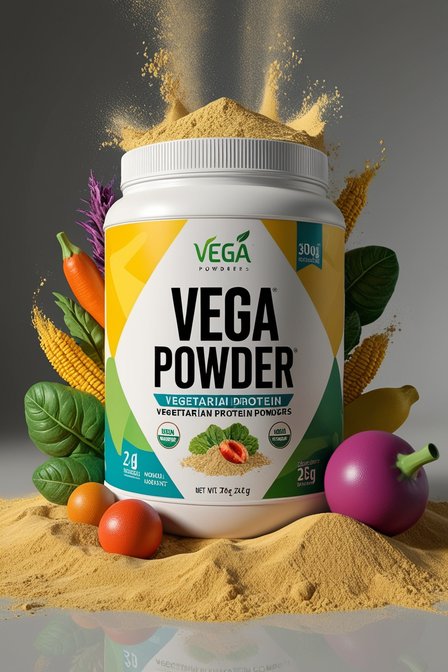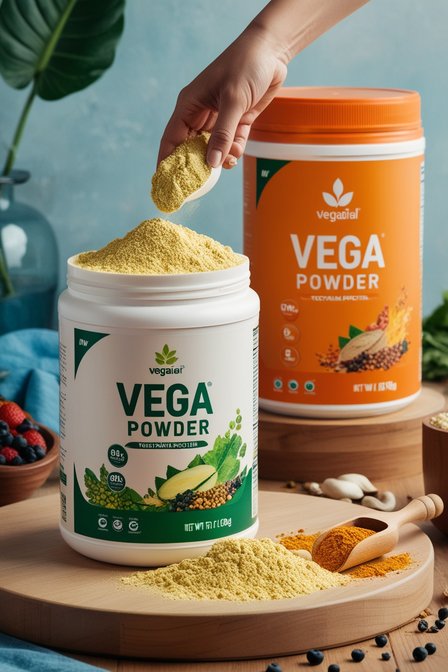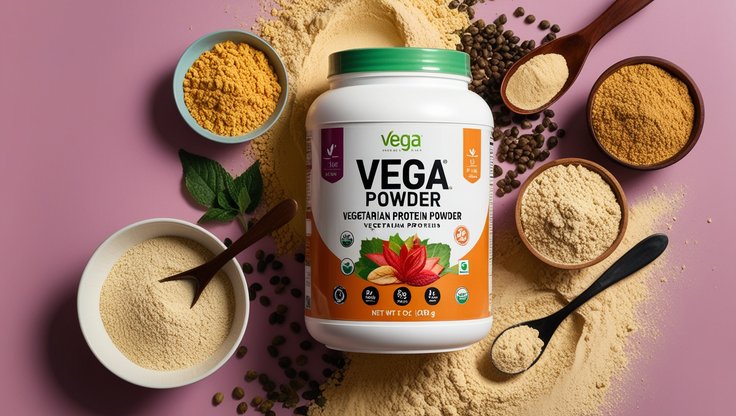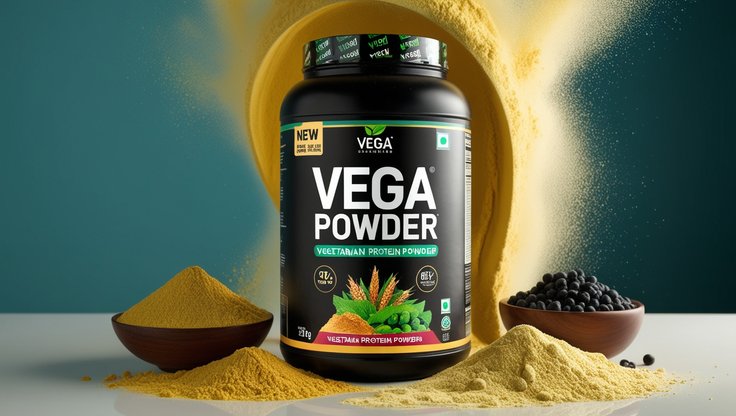High Protein Vegan Foods: A Comprehensive Guide
Introduction to Vegan Protein Sources
In the realm of plant-based nutrition, protein often becomes a focal point of discussion. Many people transitioning to a vegan lifestyle worry about their protein intake, as traditional diets typically rely on animal products for this essential nutrient. However, numerous plant-based foods are rich in protein and can easily meet the dietary needs of vegans. This guide explores various high-protein vegan foods, their benefits, and how to incorporate them into your diet.
Understanding Protein and Its Importance
Proteins are complex molecules that play critical roles in the body. They are composed of amino acids, which are the building blocks necessary for tissue repair, enzyme function, and overall growth. For vegans, obtaining adequate protein is crucial to maintain muscle mass, support metabolic functions, and promote overall health.
Legumes: The Powerhouses of Plant Protein
Legumes, including beans, lentils, and peas, are among the best sources of plant-based protein. They are not only rich in protein but also packed with fiber, vitamins, and minerals. For instance, a cup of cooked lentils provides about 18 grams of protein, making it a substantial contribution to the daily protein requirement. Incorporating legumes into meals is straightforward—add them to salads, soups, stews, or even prepare them as standalone dishes.
Nuts and Seeds: Nutrient-Dense Protein Options
Nuts and seeds are excellent sources of protein, healthy fats, and other essential nutrients. Almonds, chia seeds, flaxseeds, sunflower seeds, and hemp seeds are particularly high in protein. A quarter cup of almonds contains approximately 8 grams of protein, while two tablespoons of chia seeds provide about 4 grams. These can be added to smoothies, oatmeal, or eaten as a snack to boost protein intake.
Soy Products: Versatile and Protein-Rich
Soy products, such as tofu, tempeh, and edamame, are staples in vegan diets due to their high protein content and versatility. Tofu, made from soybeans, offers around 10 grams of protein per half-cup serving. Tempeh, a fermented soy product, provides even more, with approximately 15 grams per half-cup. Edamame, young soybeans, are also a great snack or salad addition, offering 17 grams of protein per cup.
Whole Grains: More Than Just Carbs
Whole grains like quinoa, farro, and barley are not only good sources of carbohydrates but also contain significant amounts of protein. Quinoa, for example, is a complete protein, meaning it contains all nine essential amino acids. One cup of cooked quinoa provides around 8 grams of protein. These grains can be used as a base for meals, in salads, or as side dishes.
Vegetables: Surprising Sources of Protein
Certain vegetables, such as broccoli, spinach, and Brussels sprouts, contain notable amounts of protein. While they may not offer as much protein per serving as legumes or nuts, they are still valuable contributors. For instance, a cup of cooked broccoli contains about 4 grams of protein. Including a variety of vegetables in your diet ensures you receive a broad spectrum of nutrients along with protein.
Protein-Rich Snacks and Meal Ideas
Incorporating high-protein vegan foods into snacks and meals can be both simple and delicious. Hummus, made from chickpeas, serves as a protein-rich dip for vegetables. A smoothie made with almond milk, spinach, chia seeds, and a scoop of vegan protein powder can provide a significant protein boost. Additionally, dishes like quinoa salads, lentil soups, and tofu stir-fries are excellent meal options that are high in protein.
Benefits of High-Protein Vegan Foods
High-protein vegan foods offer numerous health benefits. They support muscle growth and repair, which is particularly important for athletes and those engaging in regular physical activity. These foods also promote satiety, helping with weight management by reducing hunger and preventing overeating. Moreover, many high-protein plant foods are rich in fiber, aiding in digestive health and preventing constipation.
Addressing Common Concerns
A common concern among those considering a vegan diet is the potential for protein deficiency. However, with careful planning and a varied diet, it is entirely possible to meet and exceed daily protein requirements. It's also essential to consume a variety of protein sources to ensure all essential amino acids are obtained.
Conclusion: Embracing a Protein-Rich Vegan Lifestyle
Transitioning to a vegan diet doesn't mean compromising on protein intake. By incorporating a diverse range of high-protein plant foods, you can easily meet your nutritional needs while enjoying a variety of delicious and satisfying meals. From legumes and nuts to soy products and whole grains, the options are plentiful. Embrace the abundance of high-protein vegan foods and enjoy the health benefits they bring.




